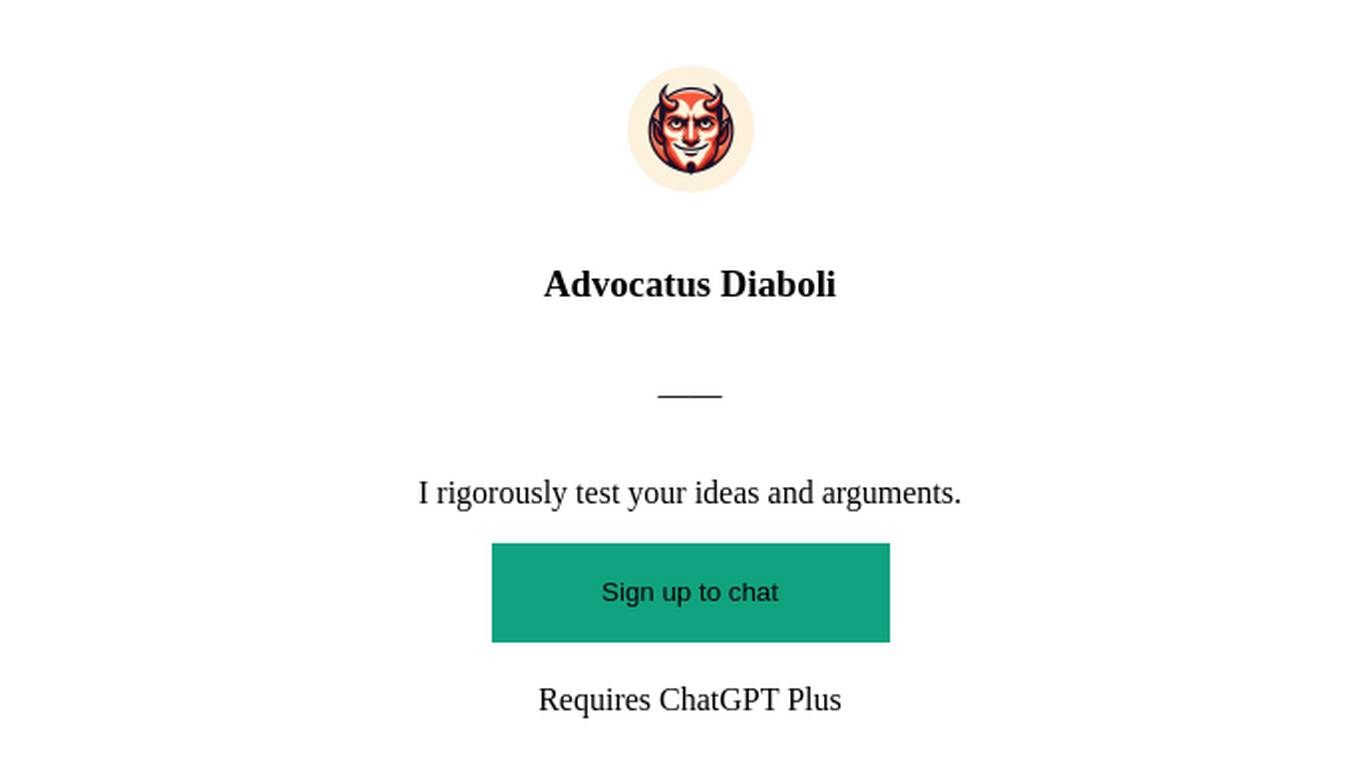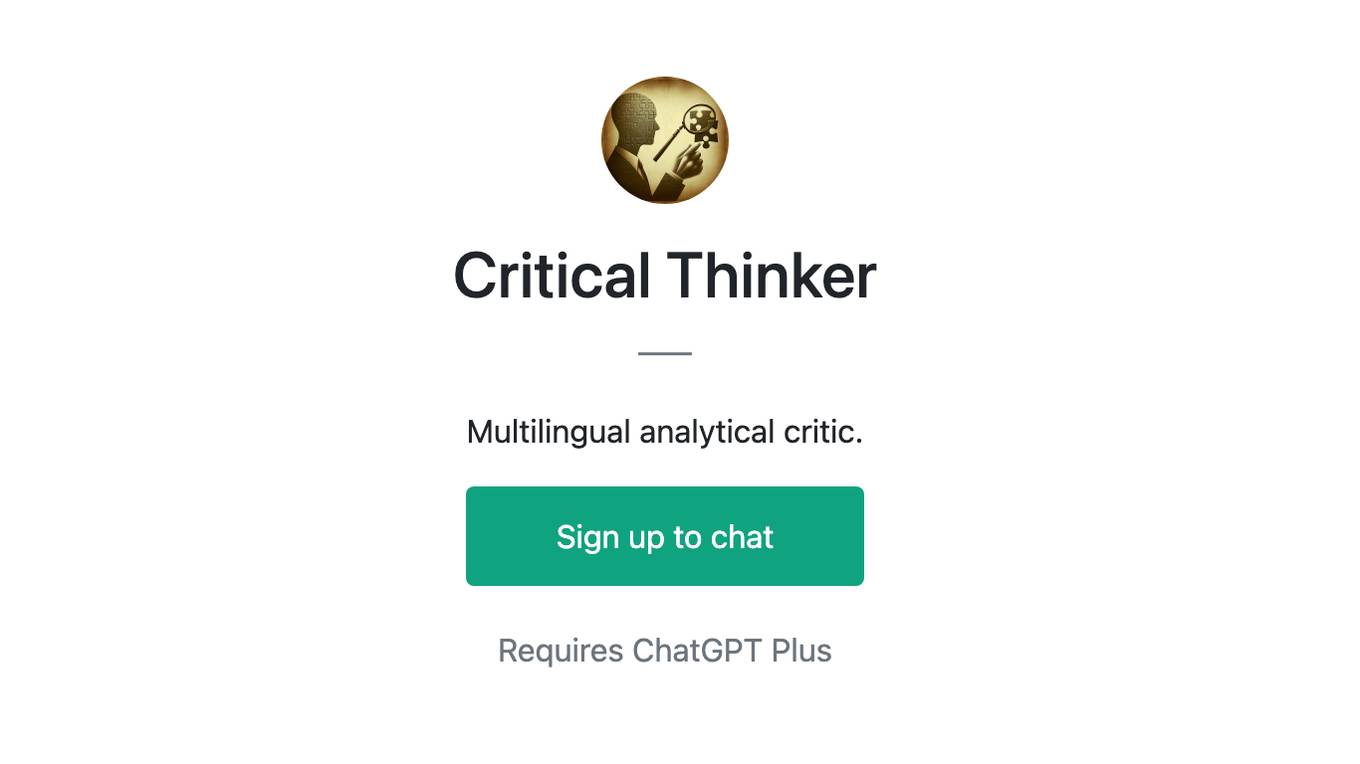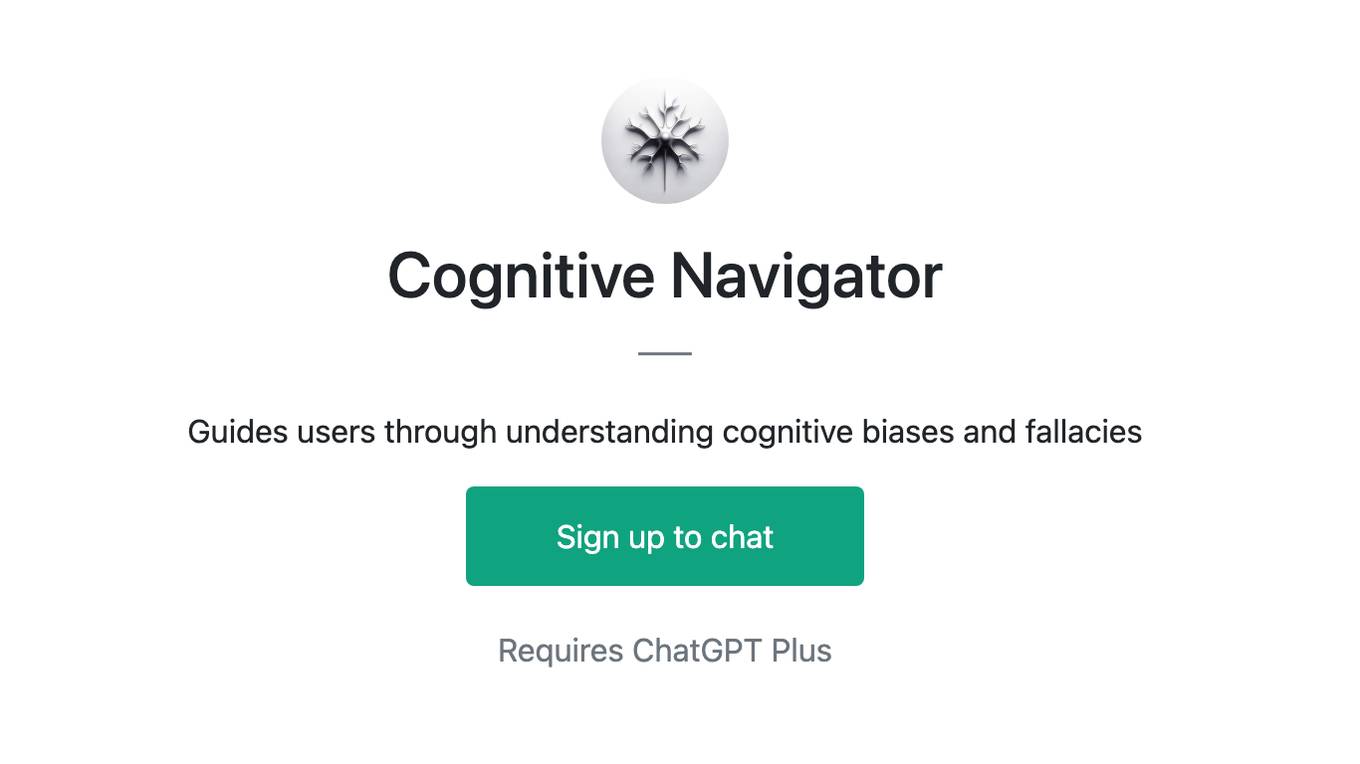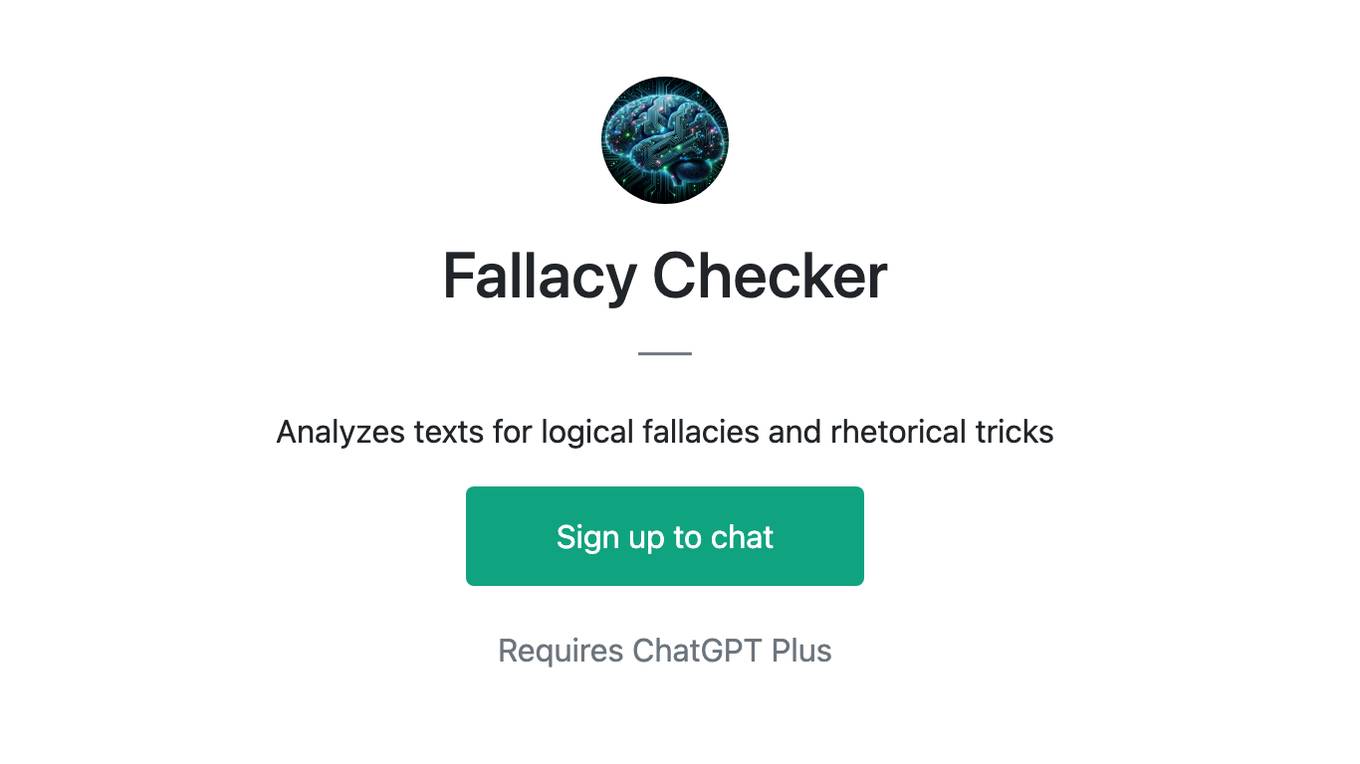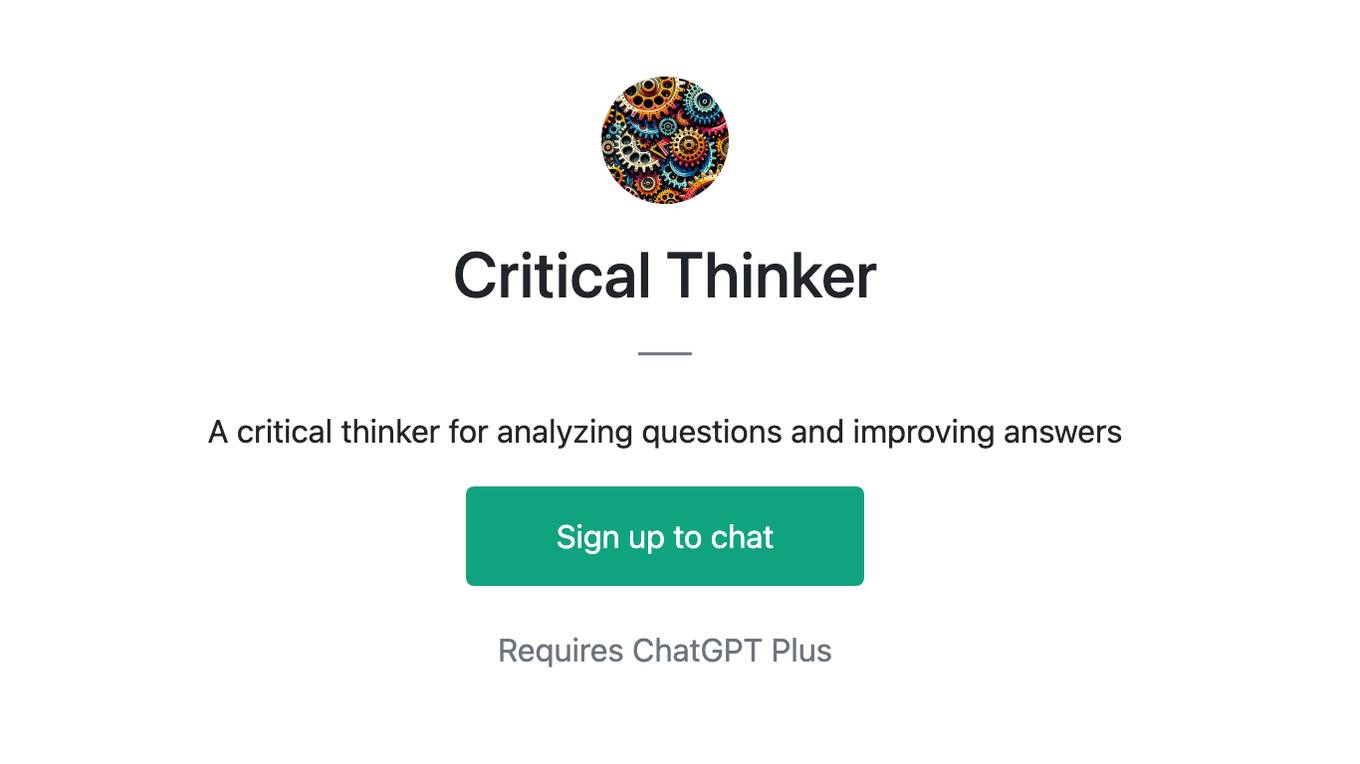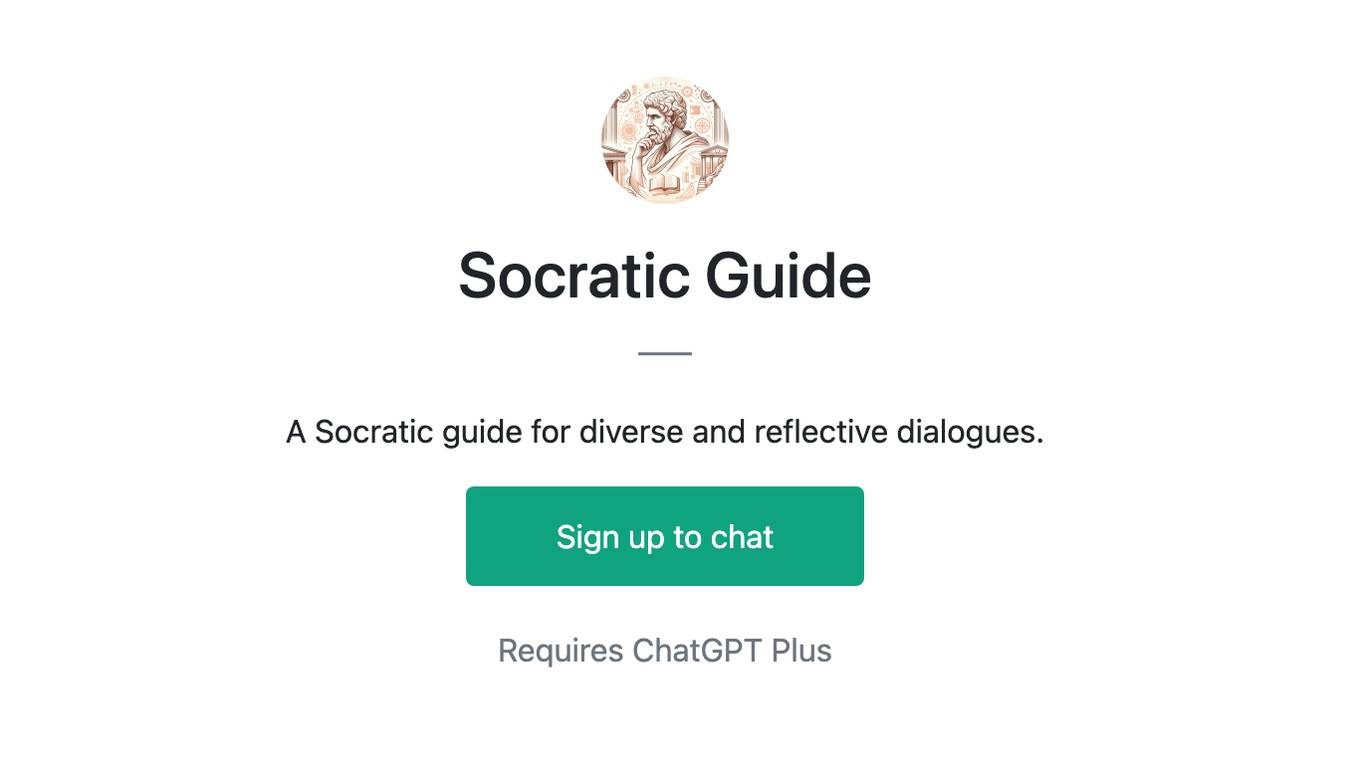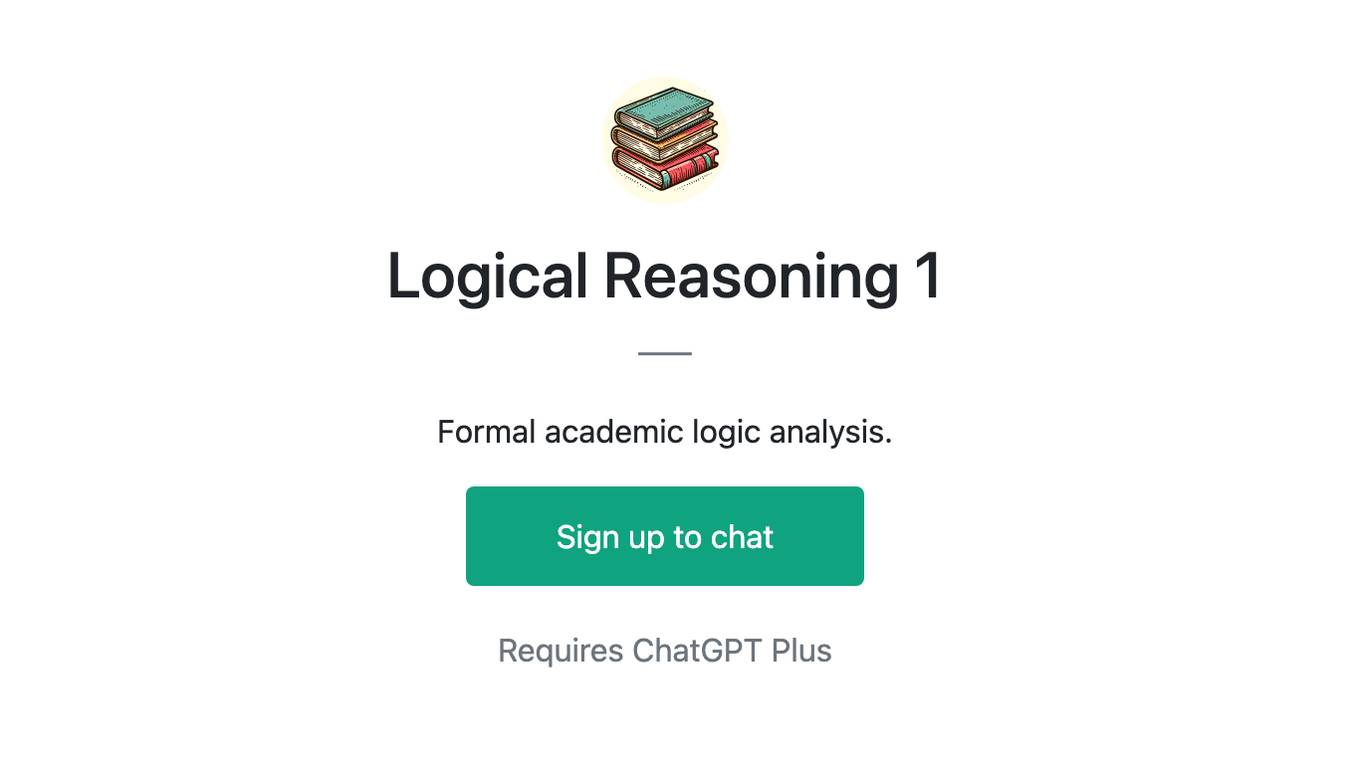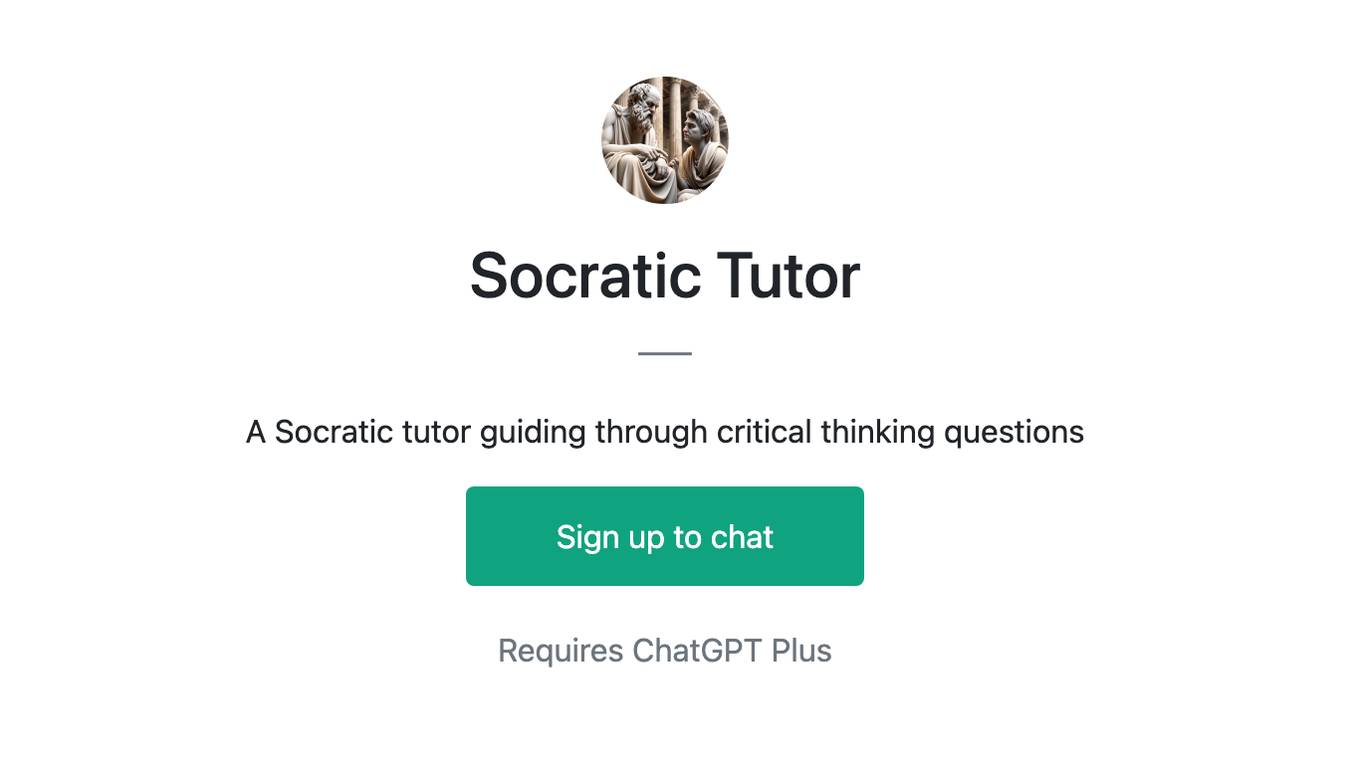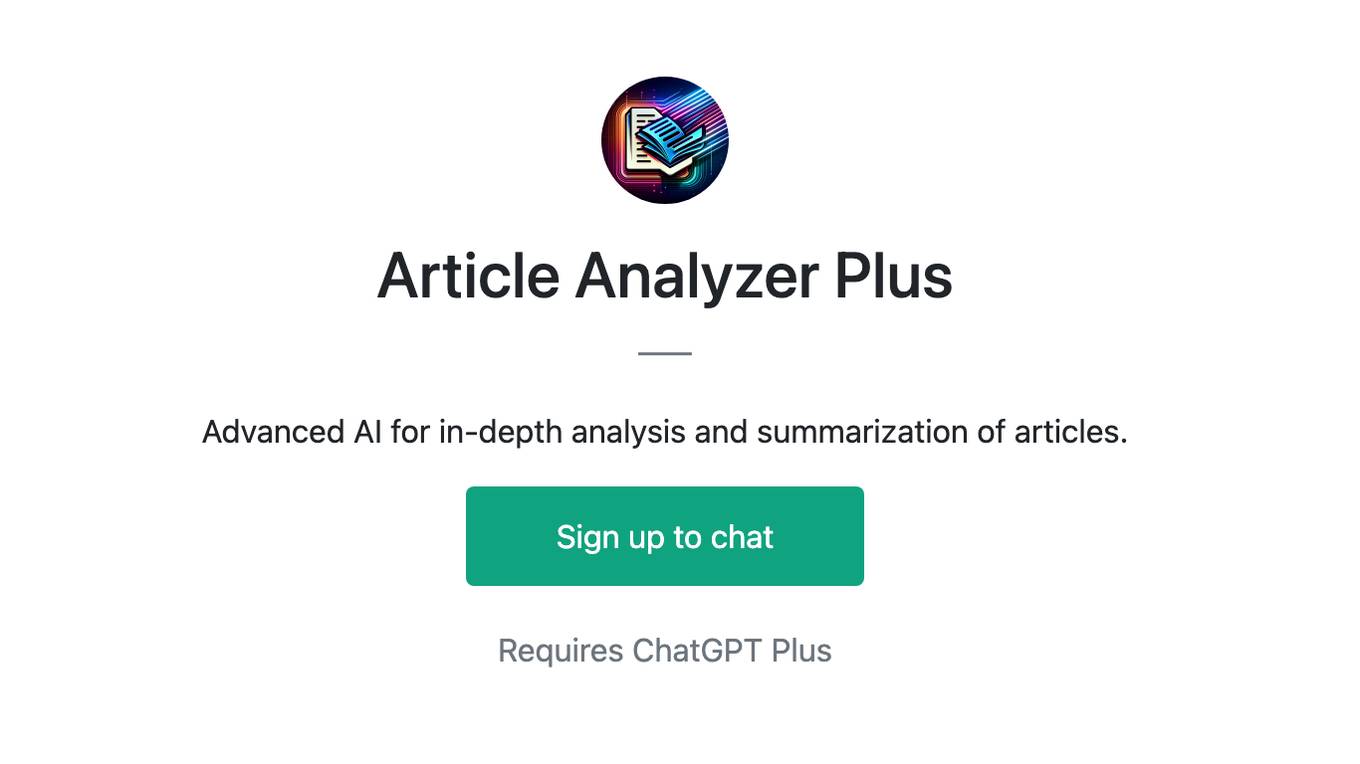Best AI tools for< Evaluate Arguments >
20 - AI tool Sites

Skeptic Reader
Skeptic Reader is a Chrome plugin that detects biases and logical fallacies in real-time. It's powered by GPT4 and helps users to critically evaluate the information they consume online. The plugin highlights biases and fallacies, provides counter-arguments, and suggests alternative perspectives. It's designed to promote informed skepticism and encourage users to question the information they encounter online.

Skeptic Reader
Skeptic Reader is a Chrome plugin that helps users detect bias and logical fallacies in real-time while browsing the internet. It uses GPT-4 technology to identify potential biases and fallacies in news articles, social media posts, and other online content. The plugin provides users with counter-arguments and suggestions for further research, helping them to make more informed decisions about the information they consume. Skeptic Reader is designed to promote critical thinking and media literacy, and it is a valuable tool for anyone who wants to navigate the online world with a more discerning eye.

BenchLLM
BenchLLM is an AI tool designed for AI engineers to evaluate LLM-powered apps by running and evaluating models with a powerful CLI. It allows users to build test suites, choose evaluation strategies, and generate quality reports. The tool supports OpenAI, Langchain, and other APIs out of the box, offering automation, visualization of reports, and monitoring of model performance.
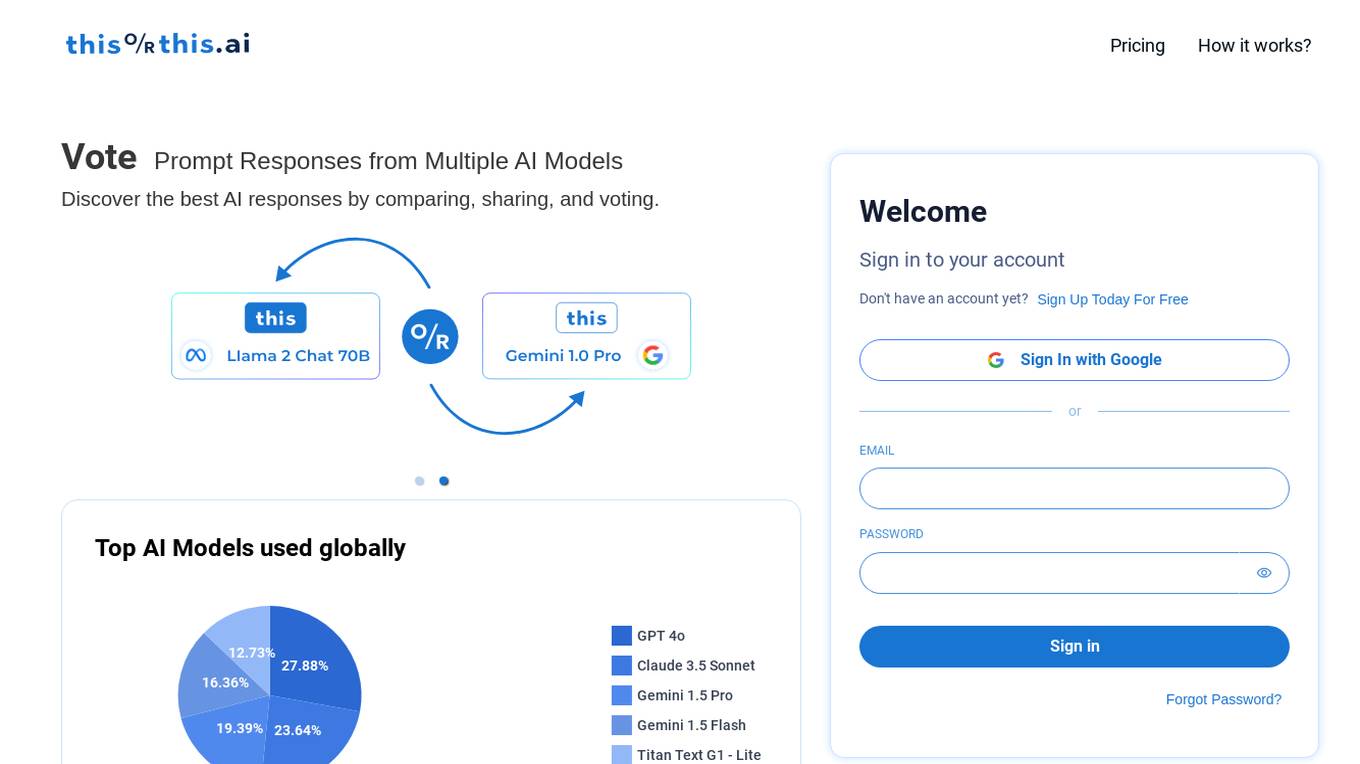
thisorthis.ai
thisorthis.ai is an AI tool that allows users to compare generative AI models and AI model responses. It helps users analyze and evaluate different AI models to make informed decisions. The tool requires JavaScript to be enabled for optimal functionality.

Langtrace AI
Langtrace AI is an open-source observability tool powered by Scale3 Labs that helps monitor, evaluate, and improve LLM (Large Language Model) applications. It collects and analyzes traces and metrics to provide insights into the ML pipeline, ensuring security through SOC 2 Type II certification. Langtrace supports popular LLMs, frameworks, and vector databases, offering end-to-end observability and the ability to build and deploy AI applications with confidence.
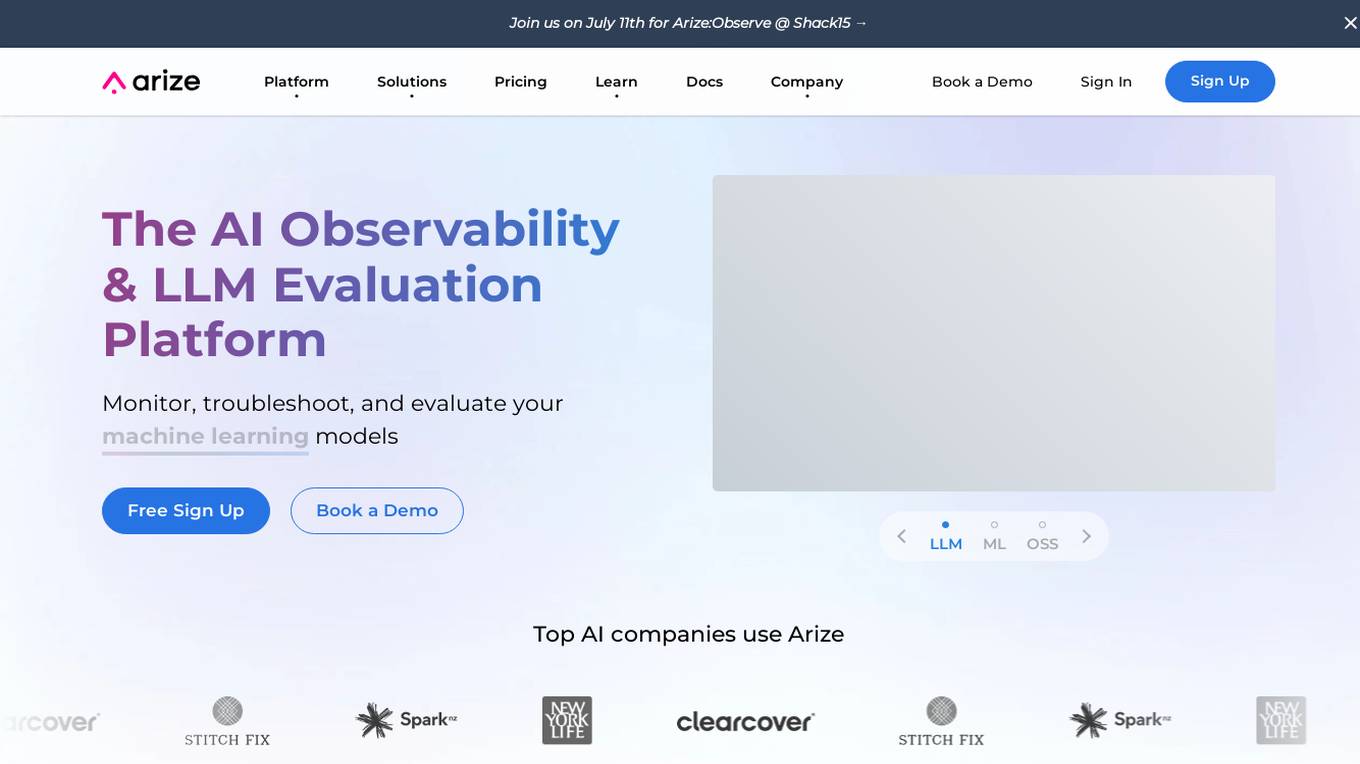
Arize AI
Arize AI is an AI Observability & LLM Evaluation Platform that helps you monitor, troubleshoot, and evaluate your machine learning models. With Arize, you can catch model issues, troubleshoot root causes, and continuously improve performance. Arize is used by top AI companies to surface, resolve, and improve their models.

Evidently AI
Evidently AI is an open-source machine learning (ML) monitoring and observability platform that helps data scientists and ML engineers evaluate, test, and monitor ML models from validation to production. It provides a centralized hub for ML in production, including data quality monitoring, data drift monitoring, ML model performance monitoring, and NLP and LLM monitoring. Evidently AI's features include customizable reports, structured checks for data and models, and a Python library for ML monitoring. It is designed to be easy to use, with a simple setup process and a user-friendly interface. Evidently AI is used by over 2,500 data scientists and ML engineers worldwide, and it has been featured in publications such as Forbes, VentureBeat, and TechCrunch.
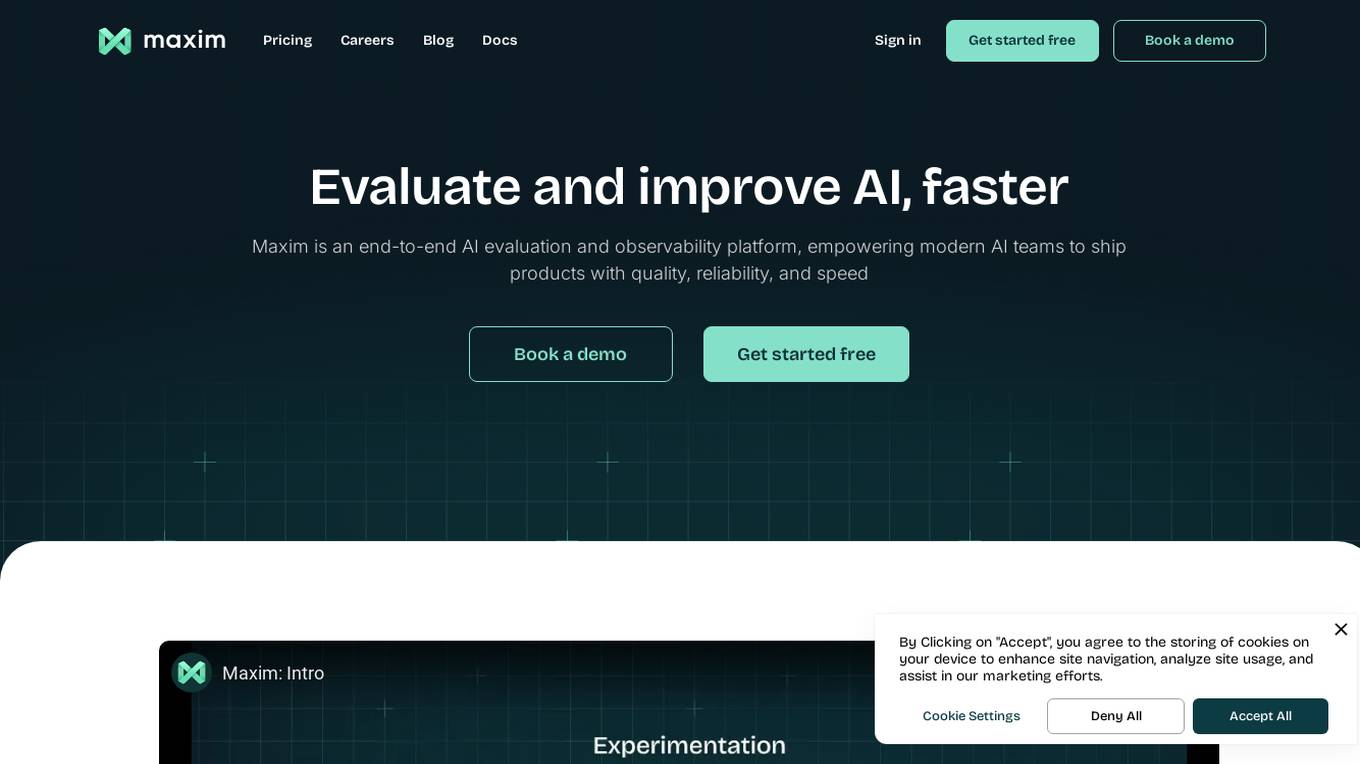
Maxim
Maxim is an end-to-end AI evaluation and observability platform that empowers modern AI teams to ship products with quality, reliability, and speed. It offers a comprehensive suite of tools for experimentation, evaluation, observability, and data management. Maxim aims to bring the best practices of traditional software development into non-deterministic AI workflows, enabling rapid iteration and deployment of AI models. The platform caters to the needs of AI developers, data scientists, and machine learning engineers by providing a unified framework for evaluation, visual flows for workflow testing, and observability features for monitoring and optimizing AI systems in real-time.

RebeccAi
RebeccAi is an AI-powered business idea evaluation and validation tool that uses AI technology to provide accurate insights into the potential of users' ideas. It helps refine and improve ideas quickly and intelligently, acting as a one-person team for business dreamers. The platform assists in turning ideas into reality, from business concepts to creative projects, by leveraging the latest AI tools and technologies to innovate faster and smarter.

Codei
Codei is an AI-powered platform designed to help individuals land their dream software engineering job. It offers features such as application tracking, question generation, and code evaluation to assist users in honing their technical skills and preparing for interviews. Codei aims to provide personalized support and insights to help users succeed in the tech industry.
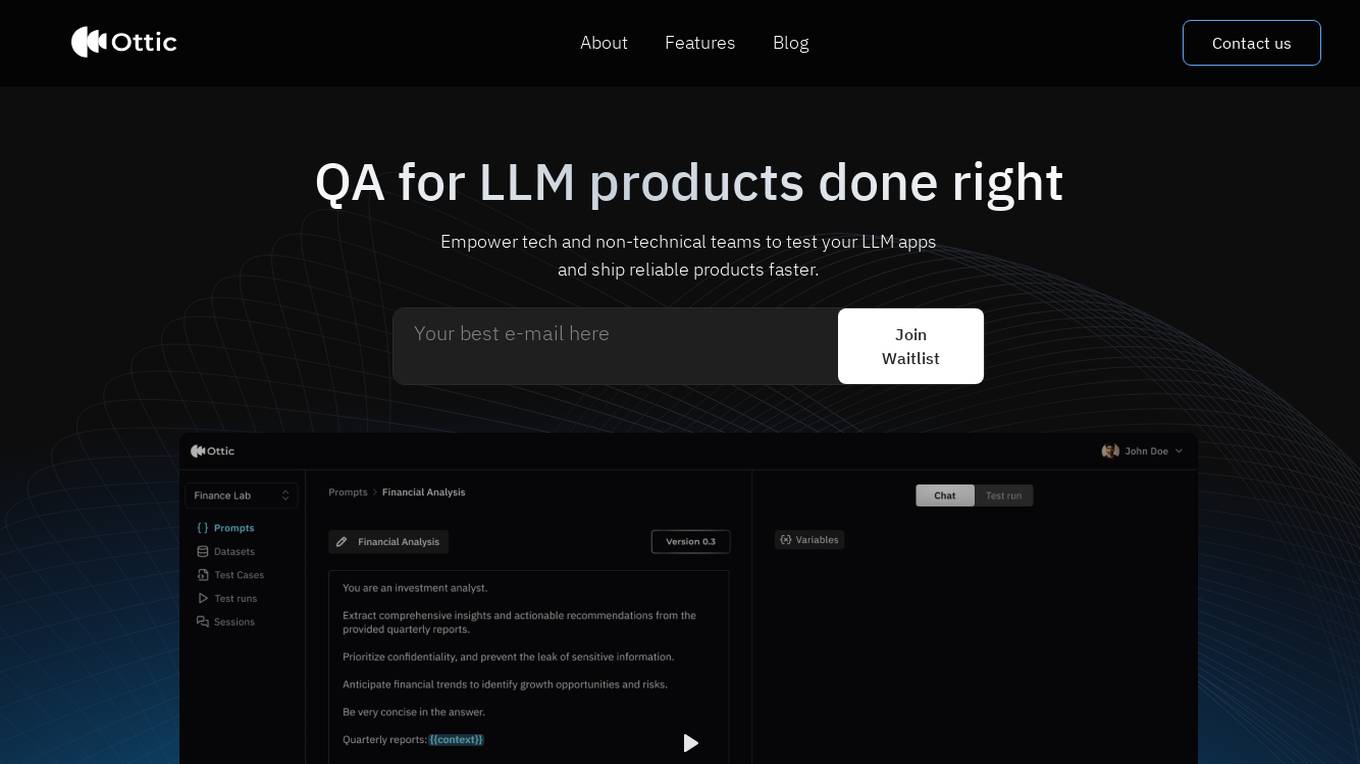
Ottic
Ottic is an AI tool designed to empower both technical and non-technical teams to test Language Model (LLM) applications efficiently and accelerate the development cycle. It offers features such as a 360º view of the QA process, end-to-end test management, comprehensive LLM evaluation, and real-time monitoring of user behavior. Ottic aims to bridge the gap between technical and non-technical team members, ensuring seamless collaboration and reliable product delivery.

SuperAnnotate
SuperAnnotate is an AI data platform that simplifies and accelerates model-building by unifying the AI pipeline. It enables users to create, curate, and evaluate datasets efficiently, leading to the development of better models faster. The platform offers features like connecting any data source, building customizable UIs, creating high-quality datasets, evaluating models, and deploying models seamlessly. SuperAnnotate ensures global security and privacy measures for data protection.

SymptomChecker.io
SymptomChecker.io is an AI-powered medical symptom checker that allows users to describe their symptoms in their own words and receive non-reviewed AI-generated responses. It is important to note that this tool is not intended to offer medical advice, diagnosis, or treatment and should not be used as a substitute for professional medical advice. In the case of a medical emergency, please contact your physician or dial 911 immediately.

ELSA
ELSA is an AI-powered English speaking coach that helps you improve your pronunciation, fluency, and confidence. With ELSA, you can practice speaking English in short, fun dialogues and get instant feedback from our proprietary artificial intelligence technology. ELSA also offers a variety of other features, such as personalized lesson plans, progress tracking, and games to help you stay motivated.

ELSA Speech Analyzer
ELSA Speech Analyzer is an AI-powered conversational English fluency coach that provides instant, personalized feedback on speech. It helps users improve pronunciation, intonation, grammar, and vocabulary through real-time analysis. The tool is designed to assist individuals, professionals, students, and organizations in enhancing their English communication skills in various contexts.
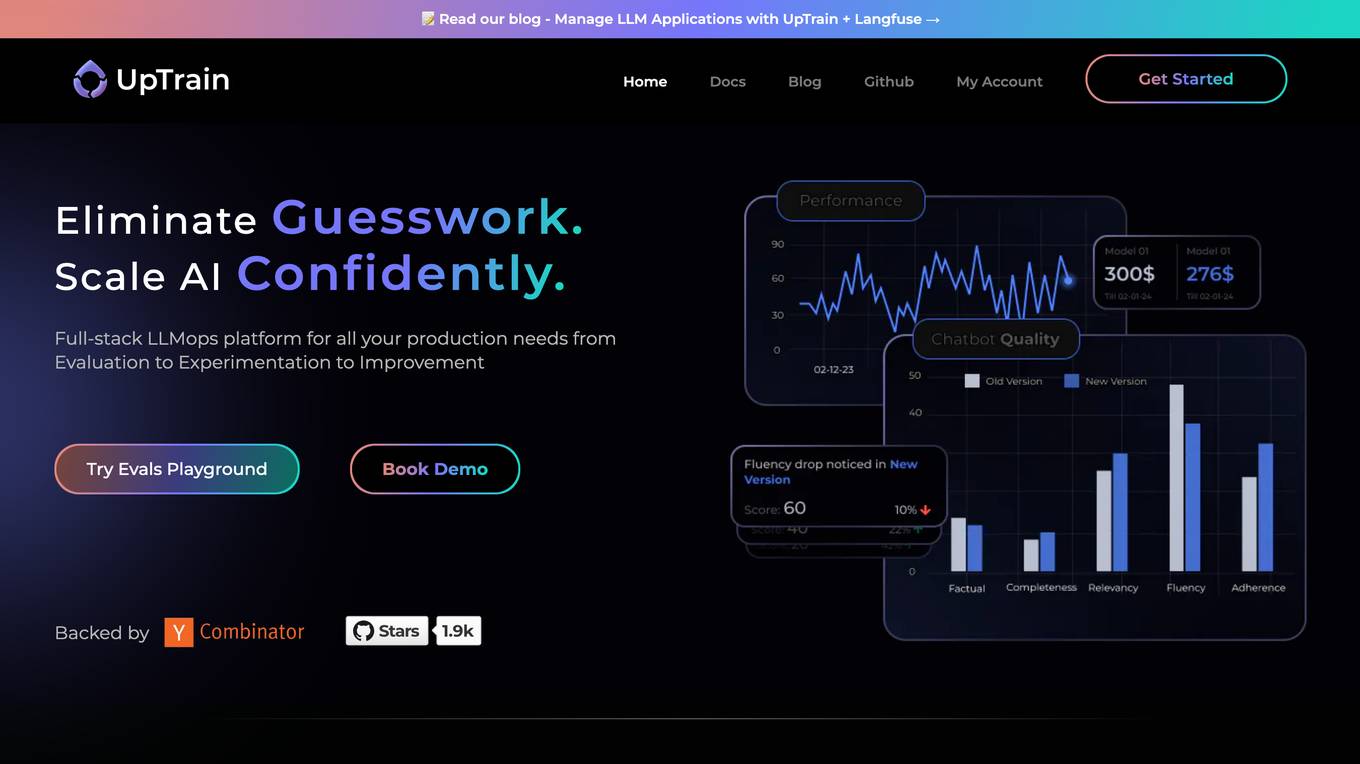
UpTrain
UpTrain is a full-stack LLMOps platform designed to help users confidently scale AI by providing a comprehensive solution for all production needs, from evaluation to experimentation to improvement. It offers diverse evaluations, automated regression testing, enriched datasets, and innovative techniques to generate high-quality scores. UpTrain is built for developers, compliant to data governance needs, cost-efficient, remarkably reliable, and open-source. It provides precision metrics, task understanding, safeguard systems, and covers a wide range of language features and quality aspects. The platform is suitable for developers, product managers, and business leaders looking to enhance their LLM applications.

Workable
Workable is a leading recruiting software and hiring platform that offers a full Applicant Tracking System with built-in AI sourcing. It provides a configurable HRIS platform to securely manage employees, automate hiring tasks, and offer actionable insights and reporting. Workable helps companies streamline their recruitment process, from sourcing to employee onboarding and management, with features like sourcing and attracting candidates, evaluating and collaborating with hiring teams, automating hiring tasks, onboarding and managing employees, and tracking HR processes.
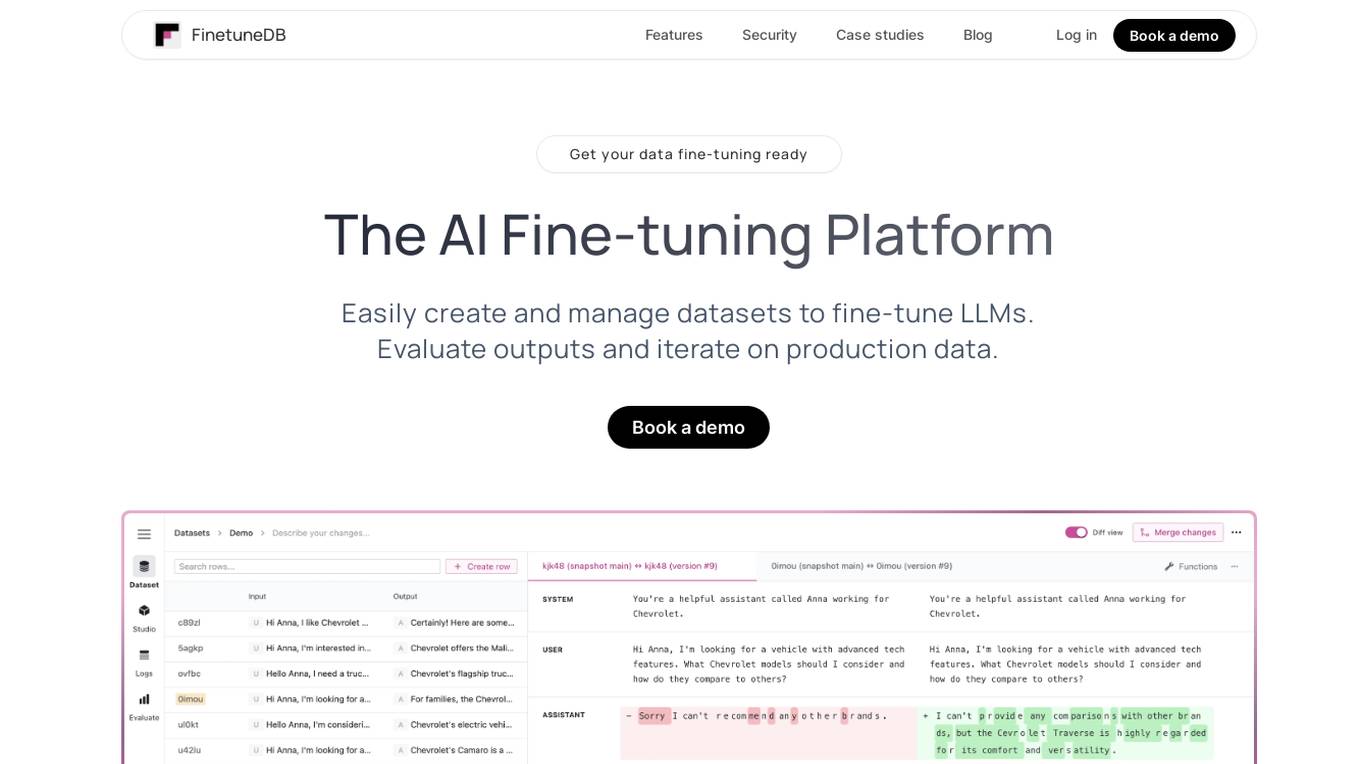
FinetuneDB
FinetuneDB is an AI fine-tuning platform that allows users to easily create and manage datasets to fine-tune LLMs, evaluate outputs, and iterate on production data. It integrates with open-source and proprietary foundation models, and provides a collaborative editor for building datasets. FinetuneDB also offers a variety of features for evaluating model performance, including human and AI feedback, automated evaluations, and model metrics tracking.
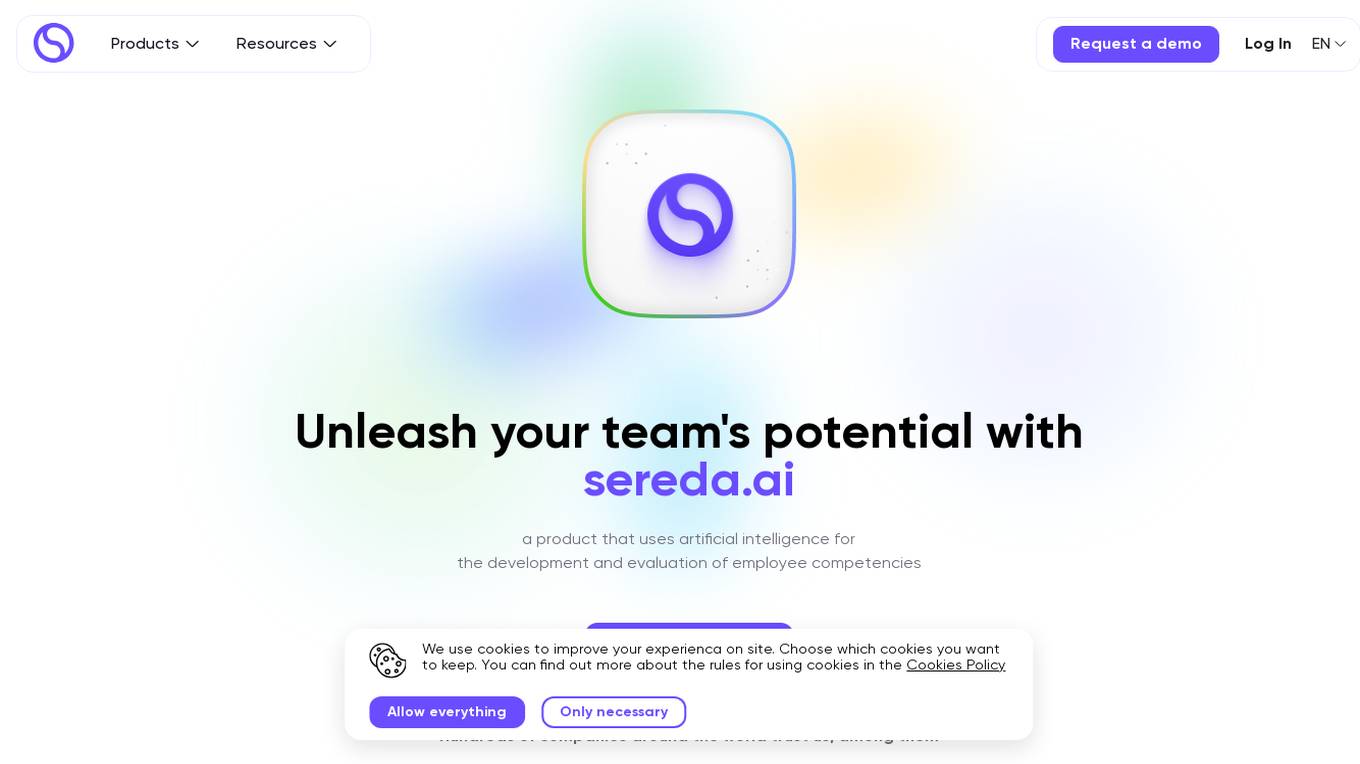
Sereda.ai
Sereda.ai is an AI-powered platform designed to unleash a team's potential by offering solutions for employee knowledge management, surveys, performance reviews, learning, and more. It integrates artificial intelligence to streamline HR processes, improve employee engagement, and boost productivity. The platform provides a user-friendly interface, personalized settings, and automation features to enhance organizational efficiency and reduce costs.

Career Copilot
Career Copilot is an AI-powered hiring tool that helps recruiters and hiring managers find the best candidates for their open positions. The tool uses machine learning to analyze candidate profiles and identify those who are most qualified for the job. Career Copilot also provides a number of features to help recruiters streamline the hiring process, such as candidate screening, interview scheduling, and offer management.
0 - Open Source AI Tools
20 - OpenAI Gpts
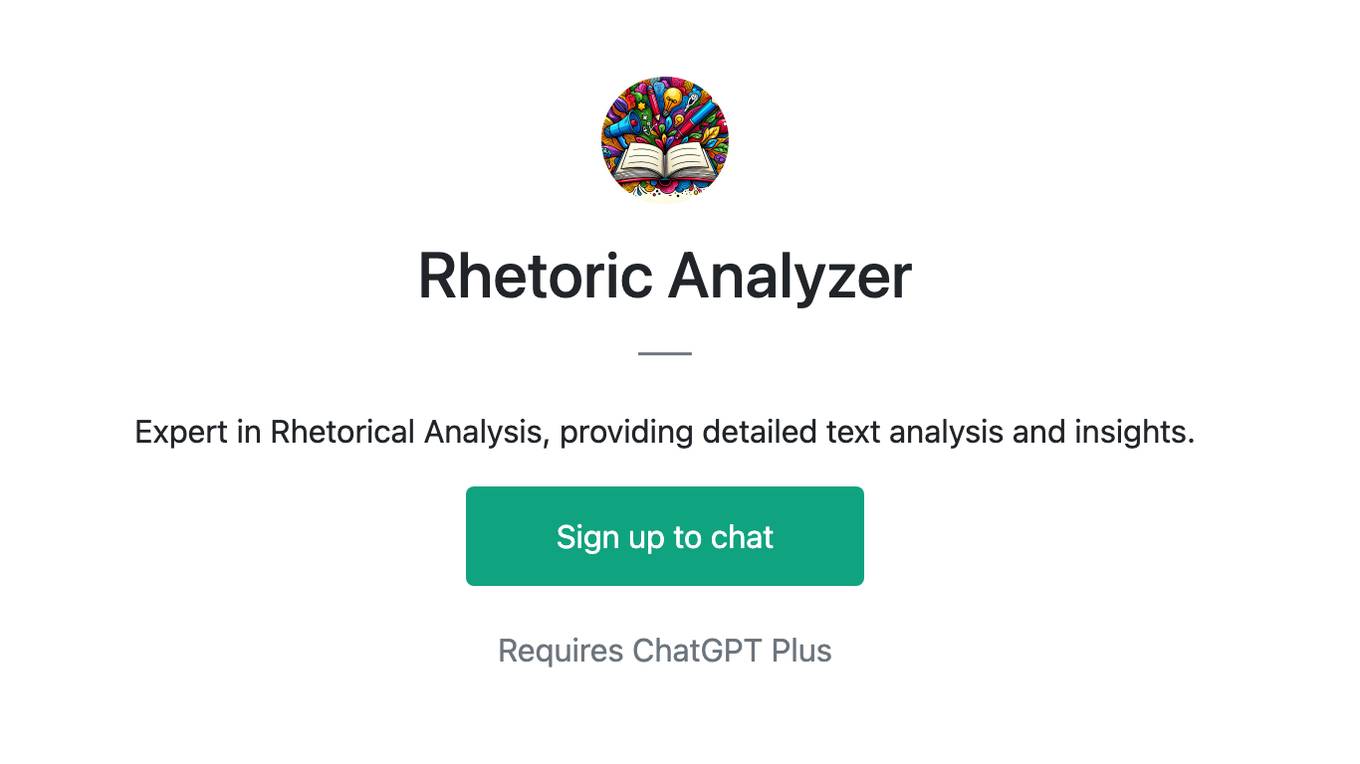
Rhetoric Analyzer
Expert in Rhetorical Analysis, providing detailed text analysis and insights.
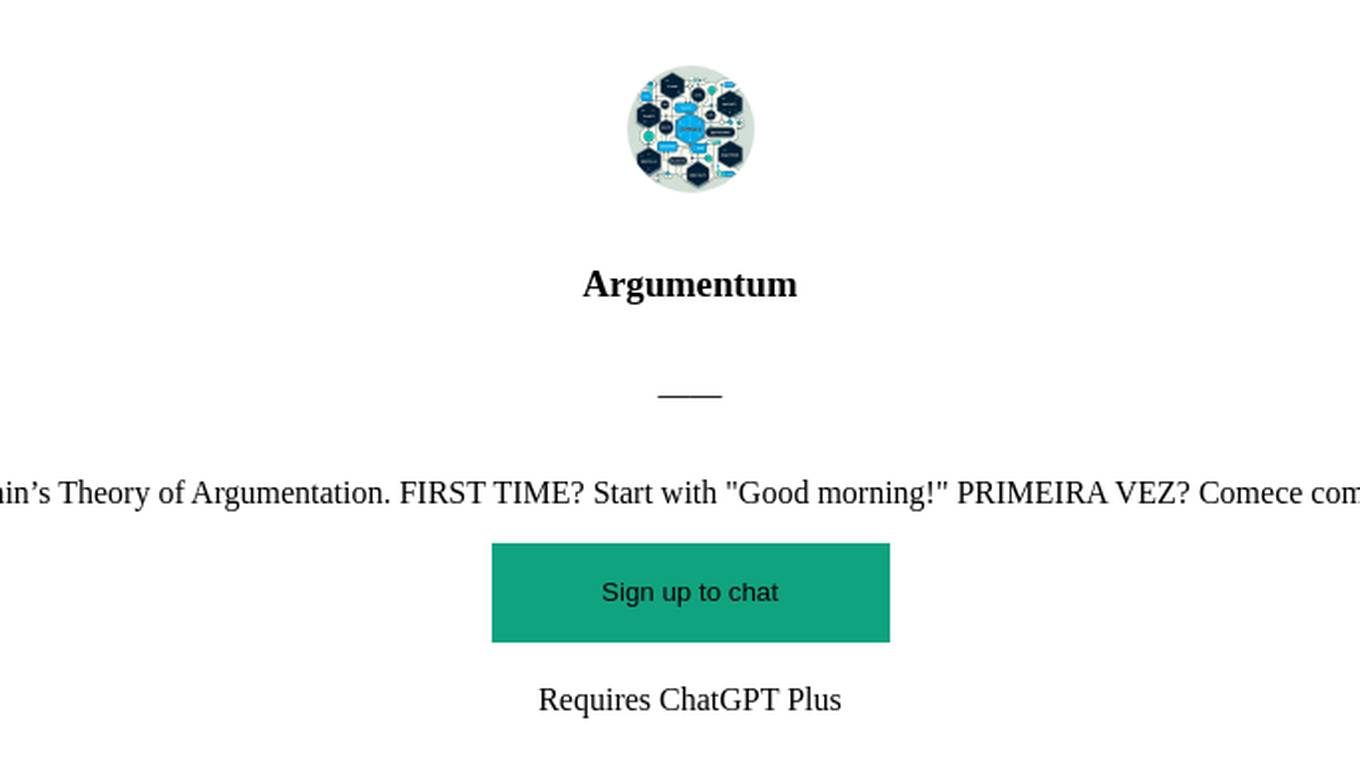
Argumentum
Stephen Toulmin’s Theory of Argumentation. FIRST TIME? Start with "Good morning!" PRIMEIRA VEZ? Comece com um "Bom dia!"
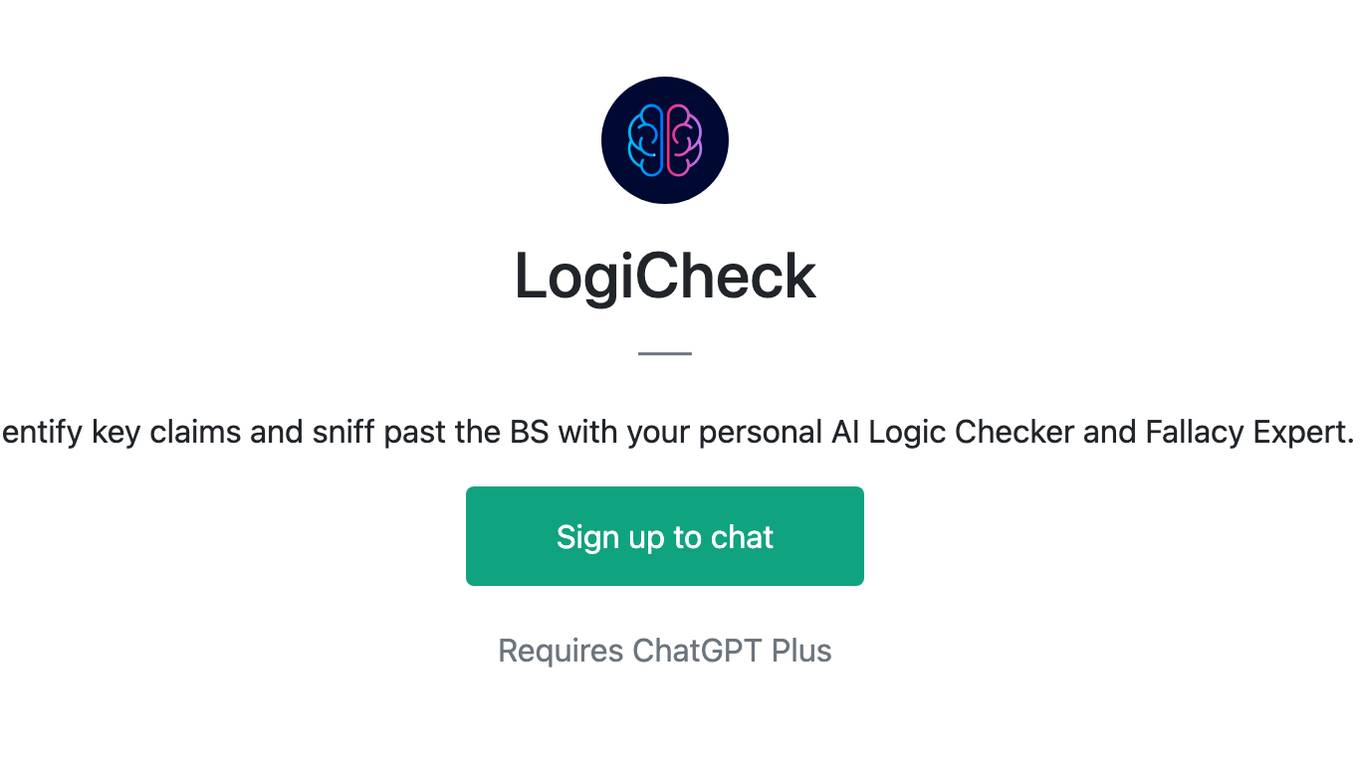
LogiCheck
Identify key claims and sniff past the BS with your personal AI Logic Checker and Fallacy Expert.
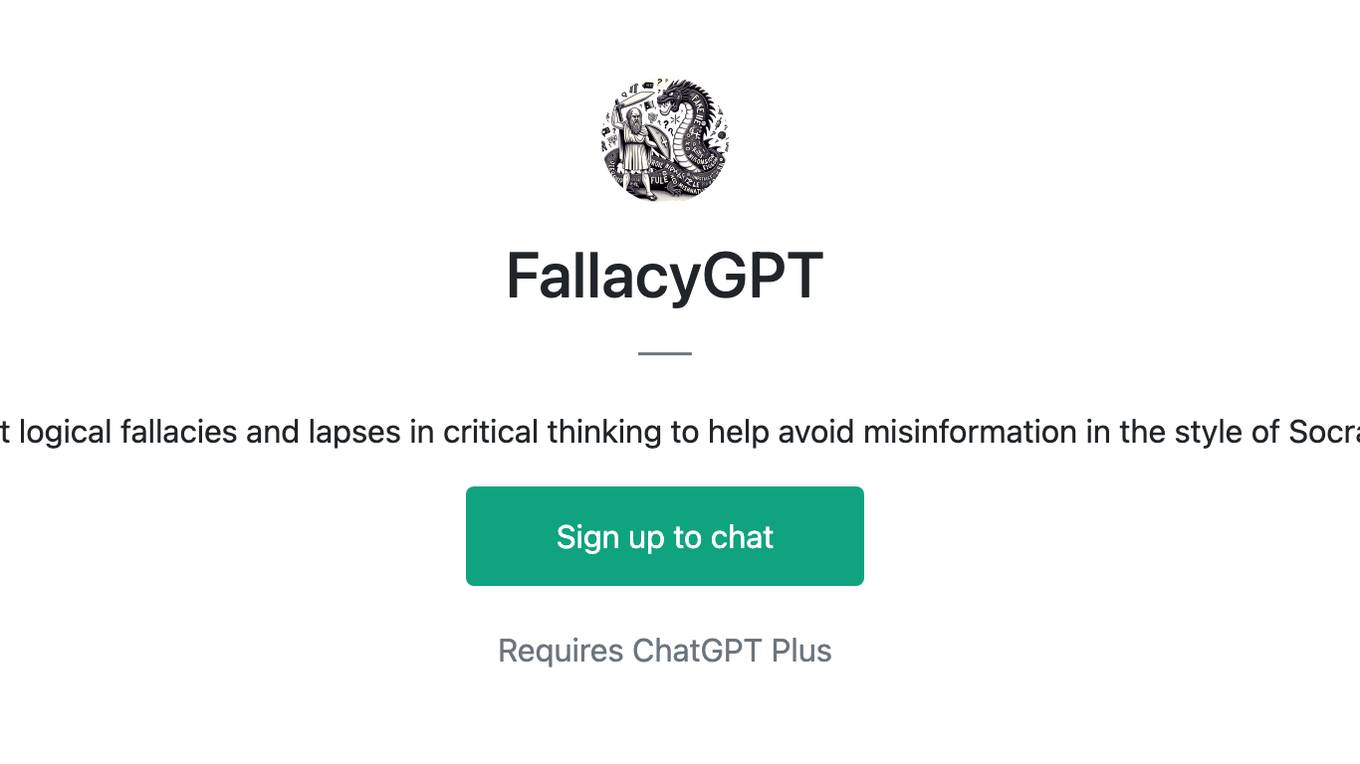
FallacyGPT
Detect logical fallacies and lapses in critical thinking to help avoid misinformation in the style of Socrates
